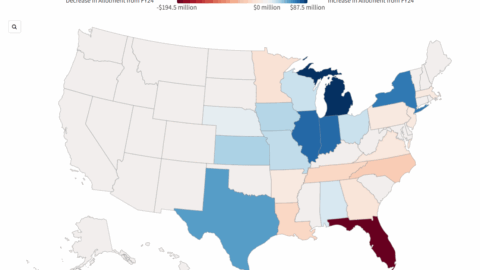Dr. Herbert Needleman, in memoriam
Richard Denison, Ph.D., is a Lead Senior Scientist.
At a time when public health and the environment, independent science and even basic truths are under sustained assault, we need more than ever to recognize scientists who persevered even in the face of concerted attacks by ideological and industry interests to discredit them and divert attention from the implications of their work.
Dr. Herbert Needleman, who passed away this month at the age of 89, was a shining example.
Dr. Needleman’s decades of work laid the foundation for our modern understanding of the subtle but devastating effects on children from low-dose exposures to lead. By analyzing the shed “baby teeth” of children from poor urban neighborhoods, he and his fellow researchers showed those children had accumulated much more lead in their bodies than children living in the suburbs. Even more alarming, those with the highest levels had IQs that averaged four points lower than the least exposed children.
That was 1979, when lead exposures from its use in paint and gasoline were widespread. Lead was also in the solder used in metal cans and in water pipes (still a major concern; witness Flint, MI). Attacks on Dr. Needleman’s research soon followed, spurred by the lead industry that stood to lose from tighter regulation of its products. It took more than a decade, but with only minor corrections, Dr. Needleman’s research was upheld – and has since been superseded by research showing adverse effects at even lower levels of exposure to lead. Meanwhile, others carry on Dr. Needleman’s legacy in their own research.
Dr. Needleman understood the importance of his research for public health policies, and became an active advocate for changes to those policies, founding the Alliance to End Childhood Lead Poisoning (now part of the National Center for Healthy Housing). He is widely credited for playing a key role in driving the regulatory advancements that have led to the dramatic reductions in lead levels in children seen since his landmark research was first published.
As we face an unprecedented effort in this country to elevate private interests over public ones, I draw enormous inspiration from the life and work of Dr. Needleman.












